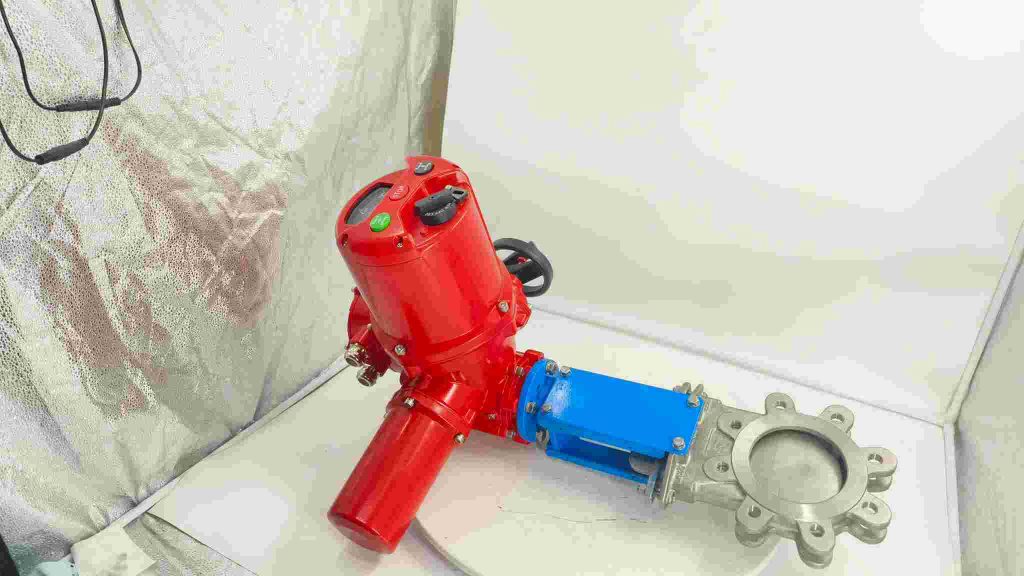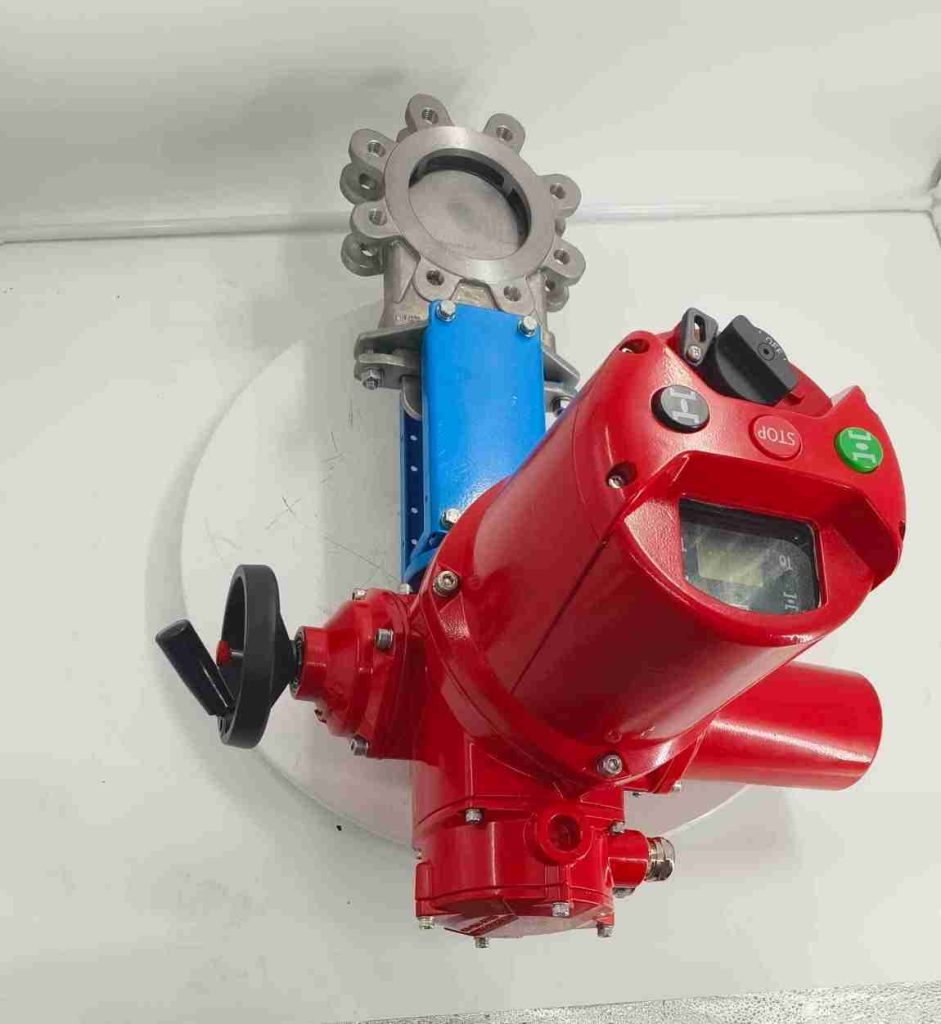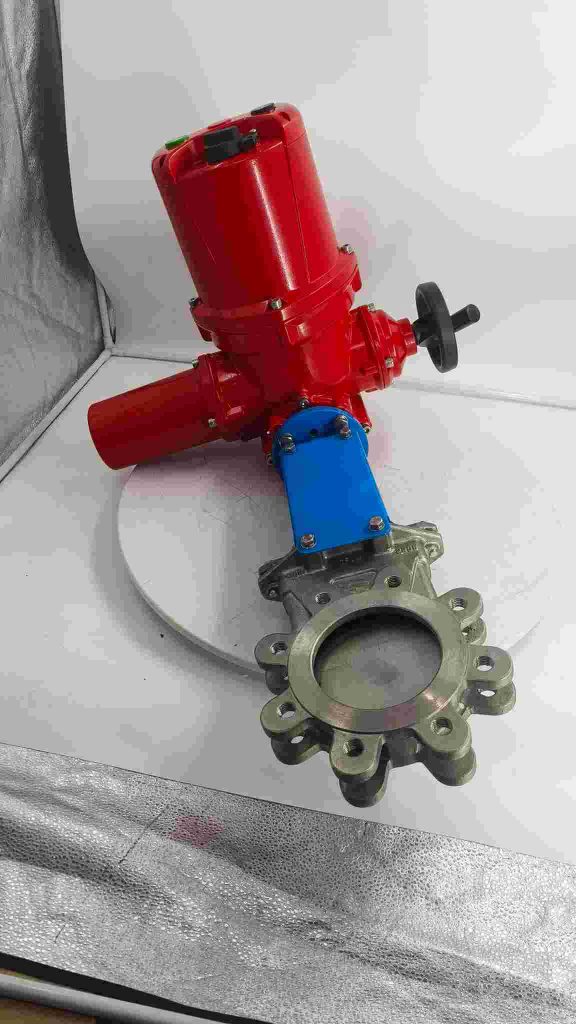In the world of industrial automation, electric gate valves play a critical role in controlling the flow of liquids and gases in pipelines. These valves are designed to operate with an electric actuator, allowing for efficient control and automation of fluid management in various industries, from water treatment plants to oil and gas facilities. As industries continue to embrace automation, the demand for high-quality electric gate valves has surged, making it essential for businesses to choose the right electric gate valve manufacturer. This article explores the key factors to consider when selecting a manufacturer and how these factors influence the performance and reliability of the valves.

Understanding Electric Gate Valves

Electric gate valves are used to regulate the flow of materials in pipelines by lifting or lowering a wedge-shaped gate within the valve. The operation of the valve is controlled via an electric actuator, which allows remote or automatic control. These valves are often used in systems where a full, unobstructed flow is necessary when the valve is fully open. They are suitable for both on/off control and are typically used in applications that require a high degree of precision. The electric actuator is a crucial component of the electric gate valve, as it controls the movement of the gate. Manufacturers usually offer a range of actuators, from simple models for basic control to more complex ones with advanced features like position feedback, remote control capabilities, and integration with other automated systems.
